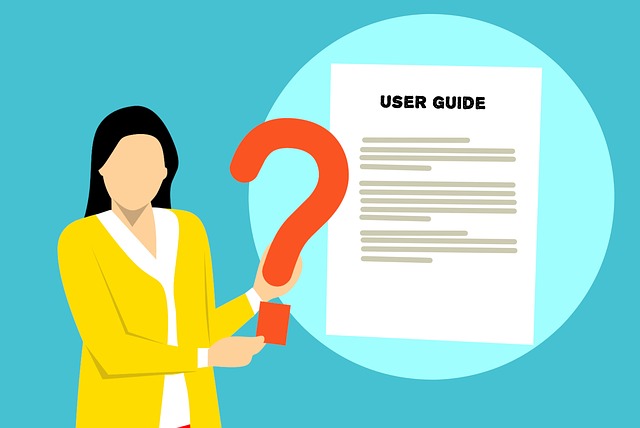If you are just getting into forex, the chances are that you want to make sure you do not put yourself at risk. Not all Forex brokers for U.S. traders are regulated. Therefore, they might not conform to the established standards.
As a result, you are at risk, particularly if they do something illegal. Not to mention that it is not usually possible to go against the broker legally.
Before you choose a broker and start your forex journey, read this guide on forex regulations in the U.S. to know what to pay attention to.
U.S. Forex Regulatory Agencies
There are two forex regulatory agencies in the United States, respectively:
- Commodities Futures Trade Commission (CFTC)
This agency has been around since 1974. It does its best to regulate the commodities and futures marketplace.
Their goal is to provide traders with protection against untrustworthy forex brokers. The CFTC requires all intermediaries to register with the database, after which they allow people to submit complaints and tips. Moreover, depending on the type of trading a particular entity does, it can also impose some extra requirements.
The CFTC often evaluates the legit status of a forex broker with the help of the National Futures Association.
- National Futures Association (NFA)
The National Futures Association has been established after the CFTC, yet it is a respected agency among those who care about safe trading practices. It is a self-sustaining agency for the most part as it’s self-funded with membership dues.
Furthermore, back in 2004, the NFA partnered with the FBI in order to make potential members go through a screening process that involved digital images of fingerprints. As such, it helps keep track of everything and ensures someone thinks twice before doing something illegal.
Therefore, having an NFA membership is a green flag in the forex field.
How Forex Brokerage Accounts Are Regulated
The NFA’s purpose is to:
- Combat fraud
- Offer necessary licenses for conducting forex trading business to all forex brokers that qualify
- To enforce the reporting and record-keeping requirements for transactions and all business activities that are related
- To enforce the adherence to important capital requirements
U.S. Regulations for Forex
Sometimes, the CFTC and the NFA work together to ensure people can trade in safely. Brokers must meet certain requirements in order to be approved by the two entities. That being said, if a broker wants to be part of CFTC and NFA, he/she must:
- Make sure all client funds are kept in segregated accounts
- Have market practices that are transparent and safe
- Follow the FIFO rule
- Always provide real numbers and facts whenever they advertise
- Only work with knowledgeable and professional staff
- Offer a maximum leverage effect of 50:1
- Not allow trader hedging
- Not open positions against clients
- Have an operating capital of at least $20,000,000
How to Check the Regulatory Status of a Broker
You can look up a broker’s regulatory status with the Background Affiliation Status Information Center. Firms can be checked using their name, NFA ID, pool name, or individual name. This way, it’s easier to find reliable brokers.
Final Thoughts
A safe forex broker will always be regulated. Make sure to check for regulations before trusting a trader with your time and money.
